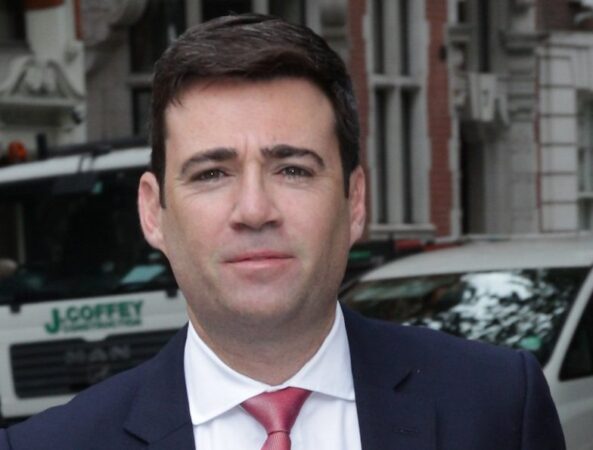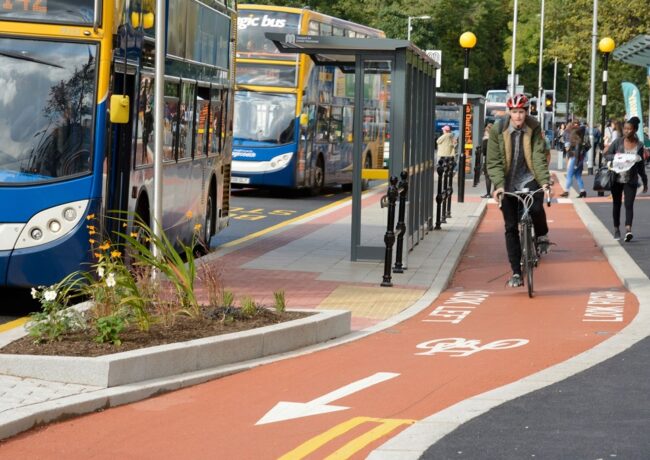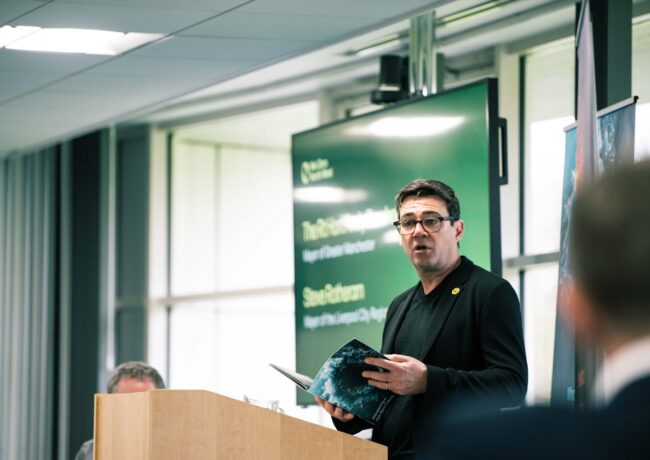GM bus franchising to go ahead
The city-region will be the first outside London to bring bus services under local control, as part of Mayor Andy Burnham’s quest to implement an integrated transport network across Greater Manchester.
Under the plans, now approved by the Greater Manchester Combined Authority, buses would be controlled by the authority, which would set the routes, frequencies, tickets and standards, and the operators would run the services deemed to provide the best value to taxpayers.
At present, individual bus companies decide their own routes, frequencies, tickets and standards and, in areas where they don’t operate, the public sector pays to fill in the gaps where it can.
The GMCA claims the franchising model will help improve quality of service provision on bus routes across Greater Manchester and encourage greater take-up of bus transportation. Bus patronage has fallen by 45% from 350 million people in 1986 to 194 million in 2018 and the network has continued to shrink, according to the authority.
There are also currently more than 150 different types of bus ticket and a single ticket can cost £4 compared to £1.55 in London and does not allow passengers to transfer between different transport routes or networks. “There is no coordination and limited oversight,” the GMCA said.
The plans were approved by the GMCA this week following two rounds of public consultation, in which the majority of respondents were in favour of the plans, according to the authority.
To ensure a smooth transition, the new model is to be introduced in phases, with the first franchised buses starting to run in Bolton and Wigan in early 2023 before being rolled out across the whole of Greater Manchester by the end of 2025.
In the period until full transition, the GMCA and Transport for Greater Manchester said they will work with central government and bus operators to plan and improve services to best support the city-region’s economic recovery in the wake of the Covid-19 pandemic.
By the end of 2025, the GMCA hopes to fully integrate buses with the rest of the transport network, such as the Metrolink tram system.

Burnham is working to create ‘Our Network’
Mayor of Greater Manchester Burnham described the move as the “biggest shake-up to Greater Manchester’s transport network in more than 30 years” since deregulation of the bus network in 1986.
He said: “Public transport is essential for any successful city-region, and our buses are the backbone of Greater Manchester’s transport network. As we recover from the pandemic and grows in the future, we must develop our public transport network, alongside walking and cycling, to support the increasing number of journeys we will all be making.
“My decision will mean that we can integrate our buses as part of a joined-up network, so passengers can easily switch between different types of transport. It means simpler fares and ticketing with price capping, so no one pays more than they need to.
“It also means a ‘one-stop-shop’ for travel information and a single identity for the whole public transport network, which is attractive, clearly recognisable and easy for passengers to navigate and understand.
“Ultimately, this means a different way of moving around for everyone in our city-region, as we move towards ‘Our Network’ – the ambition of a world-class, integrated transport network that can unlock opportunity for all; providing access to jobs and education, reducing pollution, attracting investment and reducing isolation.”
Individual bus operators in the city-region have spoken out against the plans in recent weeks, with Stagecoach, for example, urging the GMCA to rethink its proposals, claiming that they do not reflect the reality of public transport use post-Covid.





Great first step, now we need a properly integrated system like TFL, where we can tap in and tap out on any mode of transport in the region using our bank card or oyster card similar.
By Bob
Most people will still drive
By Floyd
Great news
By Anonymous
Whatever the final outcome is for the running of buses in GM there is some heavy lifting required on the roads to get buses to run reliably so they can be affordable over the longer term. Bus is essential for so many people regardless of who runs them.
By Anonymous
Smart move.
By Nve